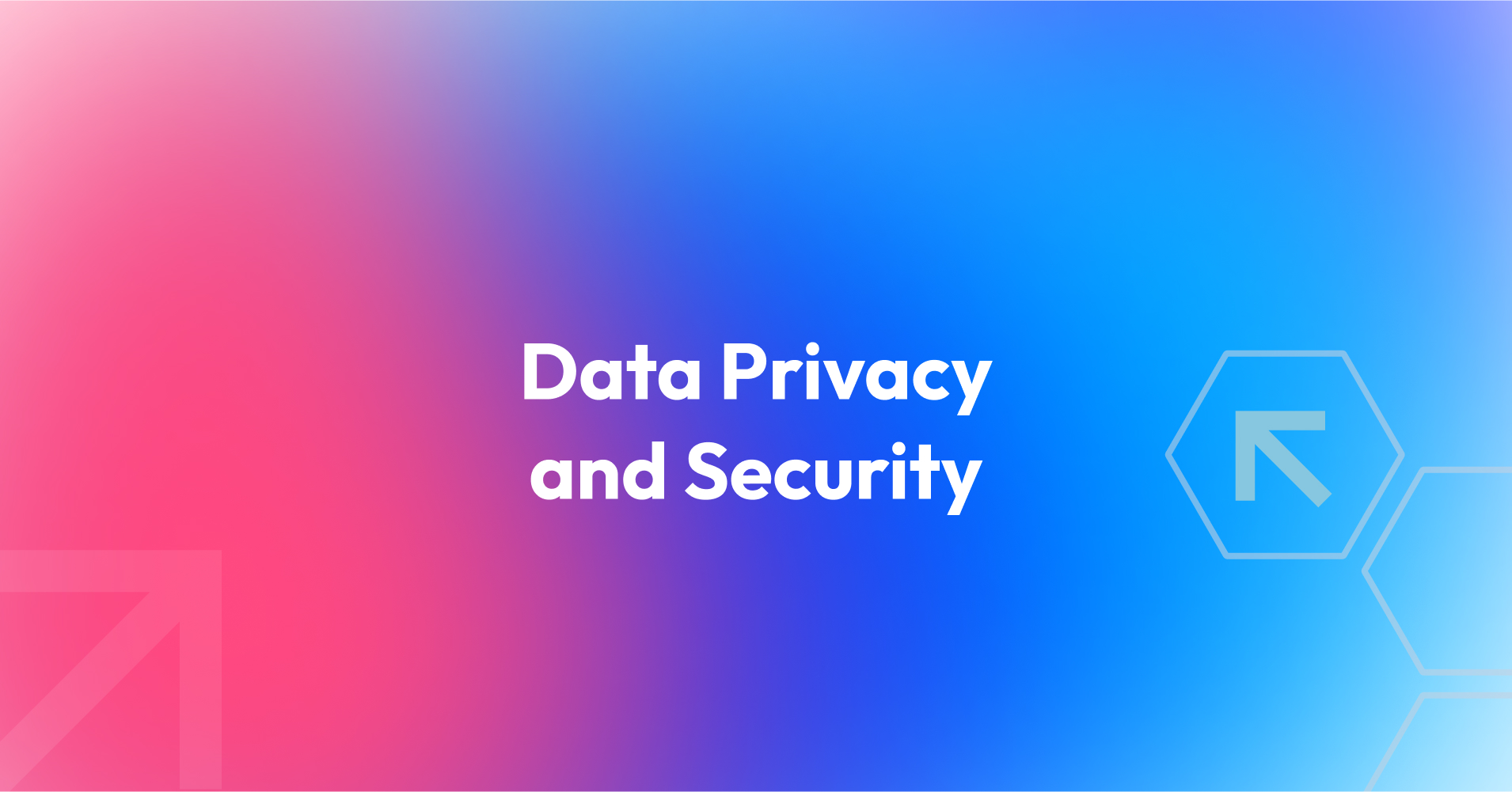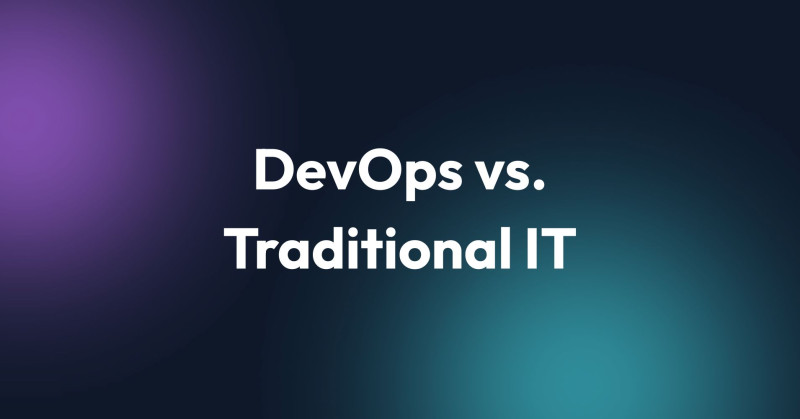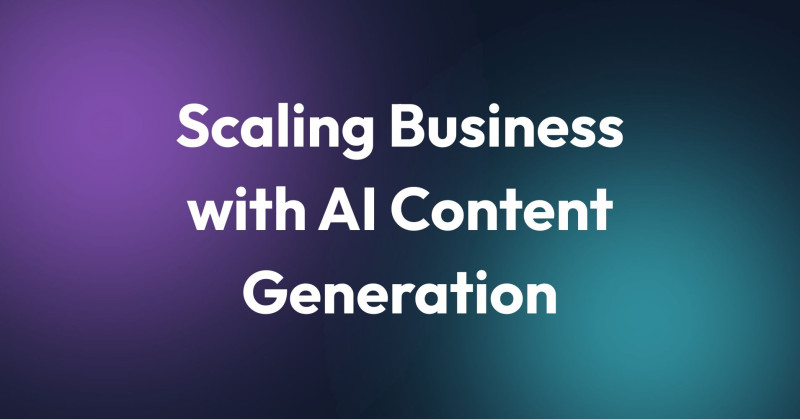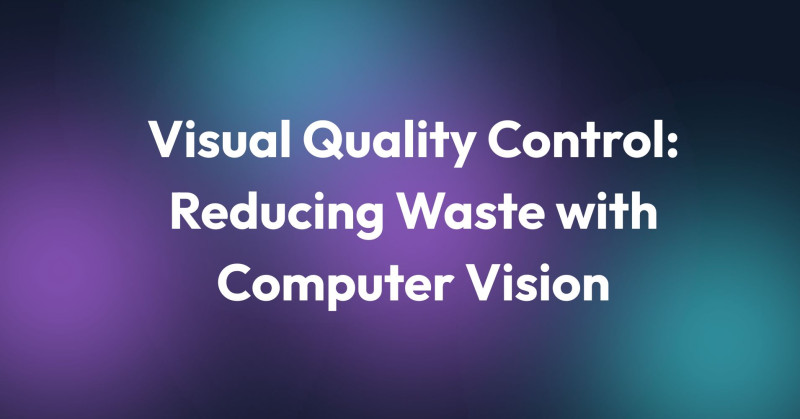The rise of artificial intelligence has brought not only a wave of innovation but also a growing set of challenges around data privacy and data protection. As companies across industries accelerate the use of AI technologies, questions around the responsible handling of personal data have become more urgent than ever.

From enhancing customer experience to optimizing internal processes, AI applications increasingly rely on vast amounts of information. But when this data includes sensitive data such as biometric identifiers, health records, or financial histories, the stakes are especially high.
The fine line between innovation and compliance requires a deep understanding of the privacy risks associated with AI. This article offers a clear overview of the current landscape, risks, and best practices to help you lead responsibly and securely.
Privacy vs. Security in AI
Before diving into the risks and regulations, it’s crucial to define key terms. Data privacy focuses on individuals’ control over their personal information - how it's collected, used, shared, and stored. In contrast, data security refers to the technical means of preventing unauthorized access to that information.
The use of AI further complicates this situation. AI systems often repurpose training data collected from various sources, sometimes without explicit consent or awareness. This ubiquitous data collection that trains models may lead to privacy violations if not handled with care.
AI privacy concerns are not just theoretical. They reflect real-world risks, such as AI models leaking sensitive information, unauthorized use of user data, or systems making decisions that impact people without transparency.
Why This Matters Now?
The implications of AI for individual privacy are no longer confined to research papers. In 2024:
55% of global companies reported using AI in core business operations, and 35% used AI systems to process sensitive data (IBM Global AI Adoption Index).
52% increase in AI-related cybersecurity incidents was observed, particularly involving generative AI tools and model inversion attacks (Gartner).
80% of consumers express significant privacy concerns when AI is used in decision-making (Cisco Privacy Benchmark).
Only 37% of AI systems meet industry standards for transparency and explainability (OECD).
This shift to ubiquitous data highlights the urgency of implementing responsible AI practices that prioritize protecting privacy from the ground up.
Emerging Risks Associated with AI and Privacy
The development and deployment of AI have opened the door to several privacy challenges:
Training AI on personal data: AI algorithms may be trained on data scraped from public platforms, which might include sensitive or even identifiable information.
Shadow AI: Employees using generative AI without IT oversight creates blind spots in data governance and compliance.
AI privacy risks in third-party tools: Many businesses use AI-powered services that collect data without proper safeguards, leading to privacy breaches.
Repurposed data: Data being collected for one use case is often repurposed for training AI systems, sometimes bypassing privacy laws and user consent.
Adversarial threats: AI systems can be tricked into revealing data used to train them through specially crafted queries.
Each of these poses risks of AI misuse that could result in reputational damage, legal action, and loss of consumer trust.
Laws You Should Know
Globally, regulators are responding to the growing privacy risks associated with AI. Key laws and frameworks include:
General Data Protection Regulation (GDPR): Sets clear rules for data processing, data minimization, and automated decision-making in the EU.
EU AI Act: Introduces strict requirements for high-risk AI systems, including transparency, traceability, and human oversight.
US AI Bill of Rights: Offers guidance on ethical AI use and consumer privacy, though not yet legally binding.
National and industry-specific privacy regulations: Including HIPAA for healthcare, CCPA for California-based users, and others.
Leaders must ensure compliance with privacy legislation not only where the company is based, but also where user data originates—a key consideration in cross-border AI development.
Best Practices: Building AI with Privacy in Mind
How can companies responsibly use AI while protecting privacy rights? Here are foundational principles:
1. Privacy by Design
Embed privacy considerations into every stage of AI development—from data collection to algorithm design. This includes limiting the amount of data collected and ensuring that only relevant data is used.
2. Data Minimization and Consent
Only collect data necessary for the intended AI application, and obtain clear, informed consent. This is especially important for biometric data and other sensitive information.
3. Anonymization and Differential Privacy
Protect user data with methods that prevent re-identification. Differential privacy adds statistical noise to data used to train AI models, reducing the risk of privacy breaches.
4. AI Governance and Audits
Establish cross-functional data governance teams to oversee how data is used, shared, and secured. Conduct regular AI model audits to evaluate privacy implications.
5. Vendor and Tool Vetting
Evaluate generative AI tools and other external services for compliance with privacy standards such as ISO/IEC 27001. Ensure that third-party data practices align with your privacy policies.
The Future of AI and Privacy
Looking ahead, organizations will need to go beyond compliance. Building responsible AI means aligning AI development with ethical, legal, and societal expectations. Initiatives like the Institute for Human-Centered Artificial Intelligence and global discussions around privacy frameworks suggest a growing demand for trustworthy AI.
As privacy regulations evolve, so too must company strategies. Expect to see more emphasis on explainability, data rights, and new privacy standards tailored to AI practices.
Lead with Trust
In the age of AI, managing privacy risks is not just an IT issue—it’s a leadership challenge. By adopting privacy protection as a strategic priority, companies can build trust, avoid penalties, and create a competitive edge.
Ultimately, protecting privacy is about giving people control over their personal information while building AI systems that are secure, ethical, and accountable. Leaders who embrace this mindset will be better prepared to navigate the opportunities and challenges posed by AI.





















